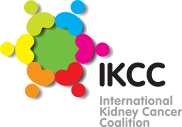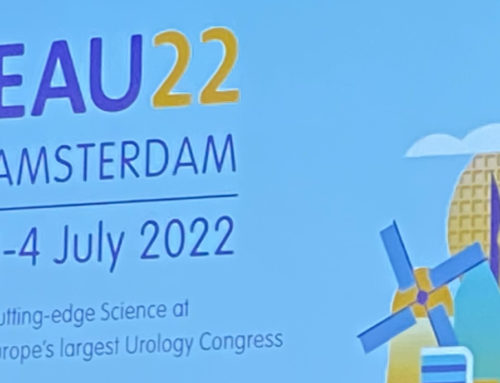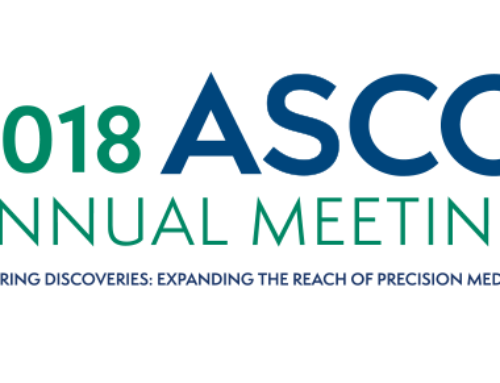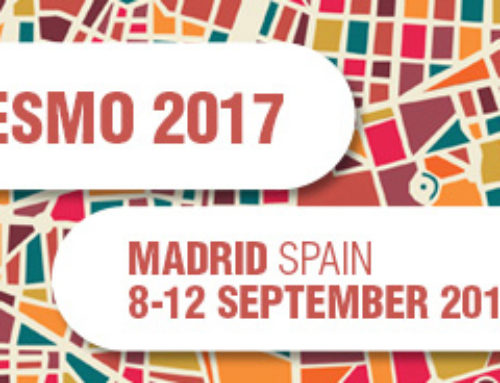The International Kidney Cancer Coalition’s first Annual Conference, “Expanding Circles”
September 10-12, 2010
Frankfurt, Germany.
Present at the meeting were cancer advocates from 5 continents. The countries present represented vastly different cultures, values, and medical delivery systems. IKCC recognizes and respects this diversity and feels that it will become one of its strengths. IKCC is a network of independent kidney cancer patient support groups from around the world. It is be patient driven and patient focused.
IKCC is a cooperative effort to help foster the development of independent kidney cancer advocacy throughout the world – while encouraging each country to develop its own kidney cancer advocacy organization, unique to its local conditions. IKCC feels that only then can kidney cancer patients receive the kind of cancer advocacy that will actually work for them. We feel that no one kidney cancer advocacy/support organization, no matter how dedicated it is, can adequately support people from so many varied cultures and so many different healthcare systems
The meeting agenda for the Annual Conference was quite comprehensive.
We started with a “kidney cancer for ordinary people” session, run by advocates themselves. IKCC feels that the strongest patient advocate is one with a good understanding of kidney cancer. Following this session, the basics of starting a patient advocacy group (PAG) was covered, where we reviewed the steps needed to develop an independent national PAG.
We emphasized the need for a “Code of Conduct” that, while recognizing each country’s unique set of laws, will still follow international standards. IKCC recognizes and follows a completely transparent and ethical “Code of Conduct”, which can be found on this website. This Code governs our relationship with the healthcare industry. IKCC requires that all funding for patient advocacy groups be unrestricted, and that there will be no influence on IKCC policy by pharmaceutical companies.
A further session that stressed the necessity for keeping all patient information secure and totally private, and we heard from a lawyer – who specializes in medical and health law – about ethical practices for PAGs (Patient Advocacy Groups) and how to safeguard patient information.
We then heard from six PAG’s, each from a different country, including India, The Netherlands, Poland and Nigeria. It immediately became clear that there are vastly differing cultures with differing value systems and with disparate access to medical care. This reinforced our view that kidney cancer advocacy must come from national kidney cancer PAGs familiar with their own culture. No one organization can understand the challenges of the vastly differing countries and their healthcare systems around the world. IKCC will help each group to be independent, to grow and flourish in their own environment.
A number of scientific sessions were held where presentations were made by national experts in kidney cancer. Contributors included Dr. Thomas Powles from the UK, Dr. Michael Jewett from Canada, Dr. Eric Jonasch from the US, Dr. Kumar Prabhash from India, and Doctors Jutta Hubner and Viktor Grünwald from Germany. Topics included new targets and pathways of treatment, upcoming trials, tumour banks, and registries, complementary therapy, dealing with the side effects of the current treatments used for metastatic cancer, and patient participation in clinical research.
With the role of the Internet in all aspects of medicine and the emergence of the “e-patient” and “e-doctor”, we had sessions on using the internet to help educate and advocate. The impact of social media was noted as a powerful force for patient advocacy groups.
We finished with a round table discuss (brainstorming) of all attendees. The conversation was animated and energizing. IKCC will strive to be a collaboration of kidney cancer organizations on a global level with a goal to improve the lives of kidney cancer patients at each national level. We welcome every organization that has an interest in kidney cancer advocacy and support, and will continue to extend an open invitation to all such groups to become a part of our international network. We also welcome individuals who are motivated to initiate kidney cancer support groups in their own countries.
We will be focused yet broad, differing yet directed, individual yet collaborative – all adding to the betterment of kidney cancer patients.



